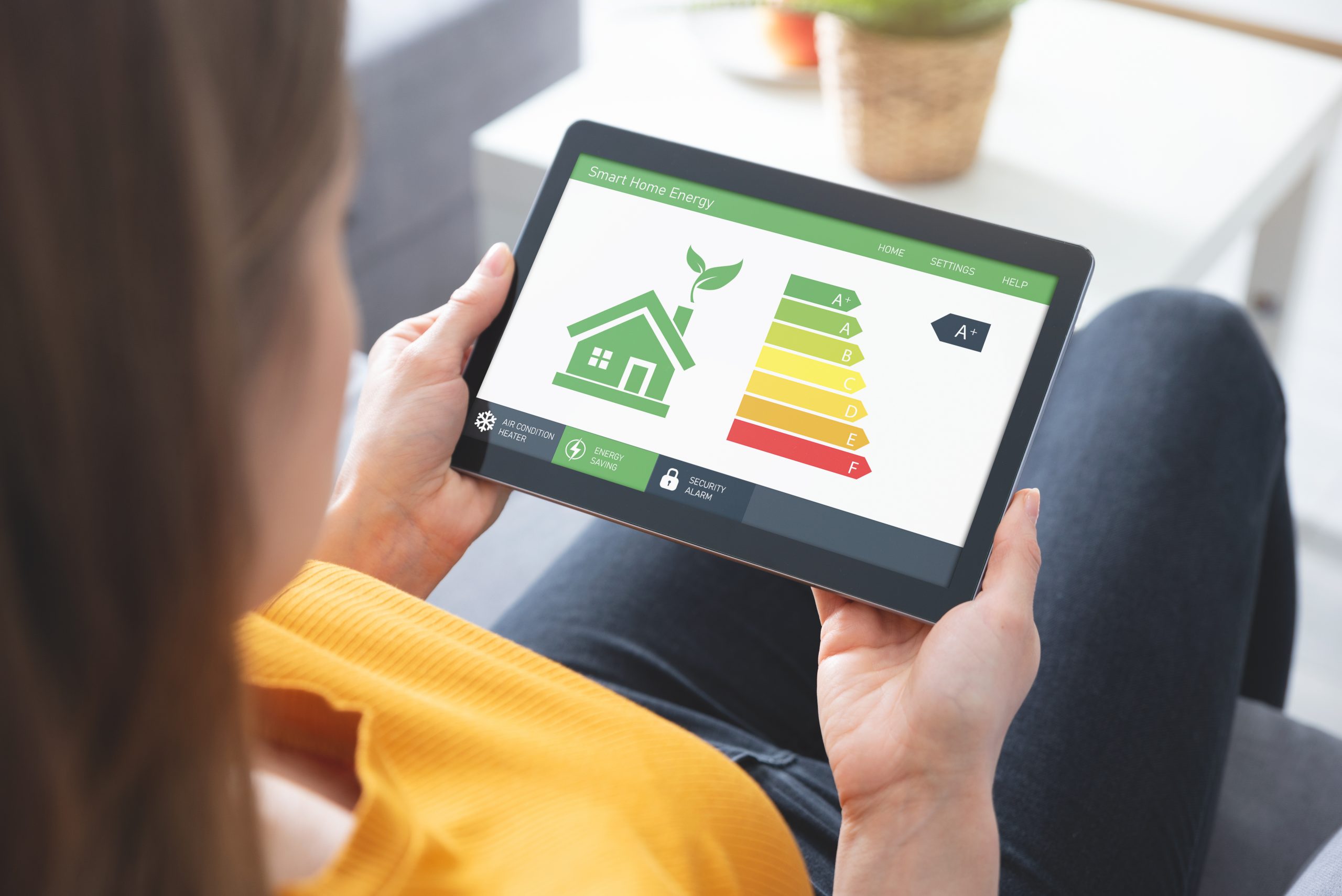For years the EPC was fairly irrelevant.
In 2015 that changed when the Government passed the MEES legislation (Minimum Energy Efficiency Standards). As a result, since 1st April 2020 every rental property in England must be at least E rated or else it is illegal.
Now, under planned legislation, the BEIS (Department for Business, Energy and Industrial Strategy) is reviewing suggestions to raise the energy efficiency standard (measured by EPC Rating) for privately rented properties. The proposed plan aims to require all tenancies to achieve a C rating by 2028. We thought the date was 2025 but there have been reports that it will be 2028. For context, 55% of rental homes in the UK are currently D and E rated.
Note: the 2028 deadline is not currently confirmed. When the legislation is confirmed we will let you know.
However, the Government has issued no guidance about how the legislation will work: nothing about the details, parameters or exceptions; if there are any grants; if there will be an investment cap for landlords (a maximum amount you are expected to spend on a retrofit); or what rules will be used to allow for listed properties. It is also not clear whether any funds spent now will ‘count’ towards any investment cap.
Why is there no Government guidance? We do not know and the situation is frustrating. This is not a comment on politics, just on the pragmatics of trying to retrofit 2,420,000 homes (55% of 4.4 million rental properties) in potentially less than five years.
So, what should you do?
Our advice: if you have a D or E rating property, start saving your rental income for future retrofit activity. It is highly likely that D and E rated landlords will need to invest in their properties. Those of you who believe in the climate crisis (and the need for society to de-carbonise) will understand why this is necessary; those of you who do not believe in it may be frustrated. Irrespective of landlords’ views, we find that our tenants are increasingly demanding energy-efficient properties. This is driven by their concerns about decarbonisation, as well as a desire to reduce costs in the face of rising energy prices.
There is no panacea for improving EPC ratings – the specification will vary by property. Common building tasks may include loft insulation, tertiary or secondary glazing, cavity wall insulation, dry-lining to insulate walls internally, external insulation, air-source heat pumps, solar panels and so on.
Either way, the legislation is almost certain to be introduced, we just do not know exactly when, how and with what caveats.
[For those of you interested, the Sunday Times recently ran a 2 page report on a study which showed that the EPC rating is not a reliable indicator of energy consumed. The EPC uses a model (called the SAP) to predict a theoretical cost to run a property. It does not measure actual costs or actual energy usage. Currently the SAP also ‘favours’ gas as it is cheaper than electricity, despite being worse for the environment.]

